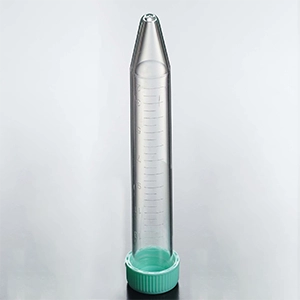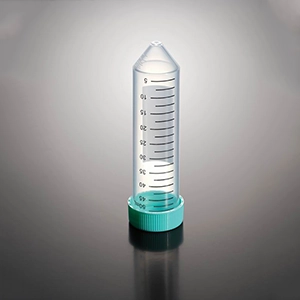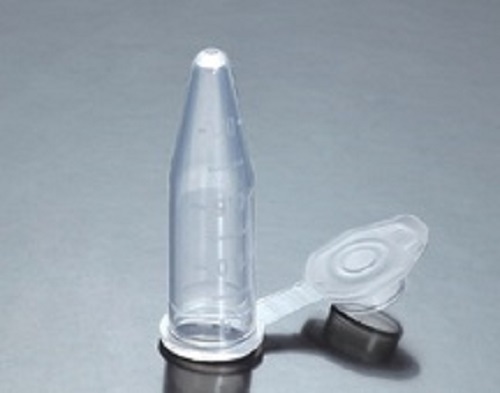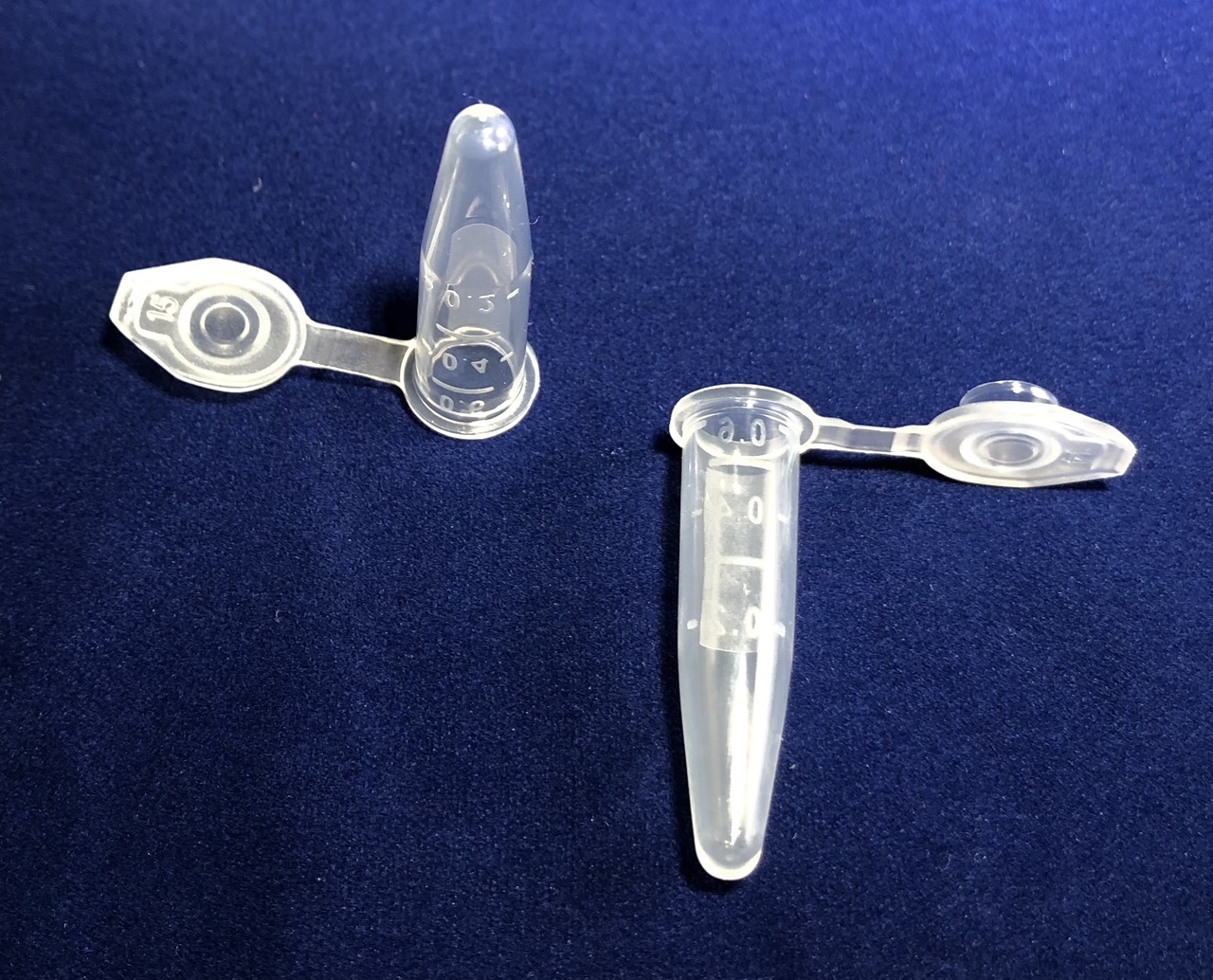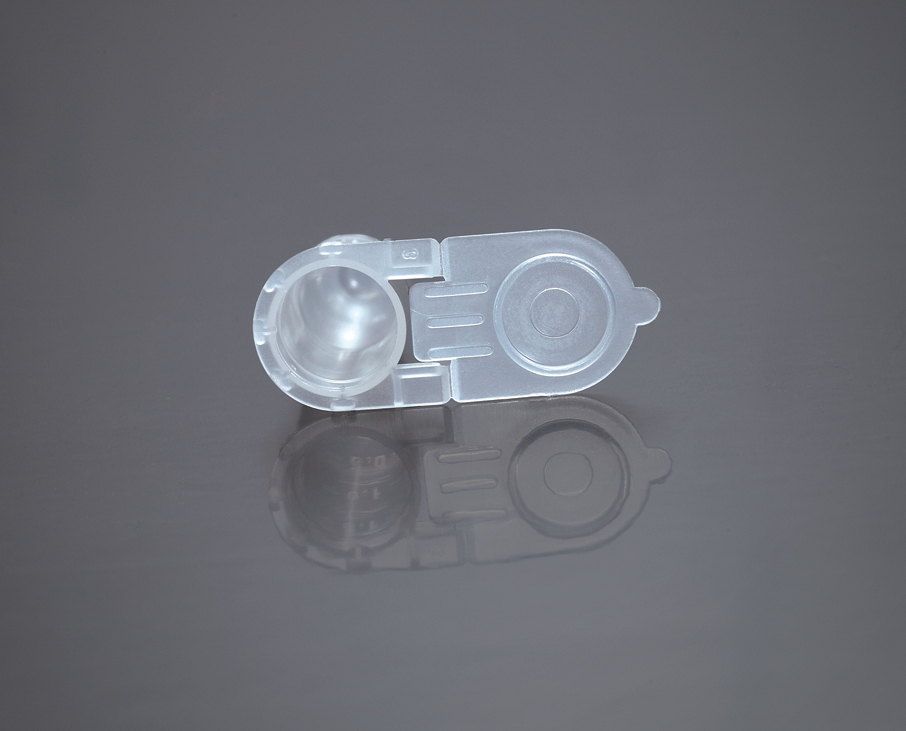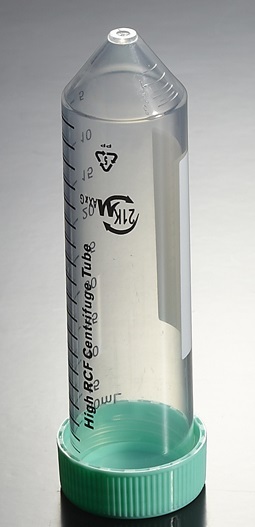CENTRIFUGE TUBES
EarthOx centrifuge tubes are ideal for cell culturing and ammonium sulfate precipitations. Our tubes are available in cononical bottoms or self-standing bottoms. Both the graduations and writing areas of the centrifuge tubes are chloroform resistant. Max rotate speed is up to 12,000 xg for cononical bottom tubes while the max rotate speed is 6,000xg for self-standing tubes. Choose from these and other centrifuge tube types in the selection below.
Centrifuge Machines and Tube Needs
Click here to skip the explanation and take me to EarthOx Centrifuge Tubes!
(Scroll to the bottom of the page to see our centrifuge tubes selection.)
Centrifugation is one of the most widely applied research techniques in biochemistry, molecular biology, and cellular biology. The centrifuge is responsible for isolating macromolecules, such as DNA, RNA, lipids, or proteins, separating subcellular organelles, and sedimentation of cells and viruses. Knowing which type of centrifuge that will be utilized for the laboratory project is an important step in determining which type of tube is needed for the project. The three main types of centrifuge machines are an ultracentrifuge, a large centrifuge, and micro centrifuge machines. The ultracentrifuge machine will speed up to 70,000rpm, a larger centrifuge machine will do speeds up to 20,000rpm, and a micro centrifuge can do speeds up to 12 or 13 rpm. Each machine is designed specifically to spins certain tubes. For example, the large centrifuge can take tubes of various sizes, whereas a micro centrifuge is typically made for spinning 0.2 to 2ml tubes. Considering these things, the properties of the tubes is important to effectively and efficiently carry out the laboratory research.
The Basics of Centrifuge Tubes
There are many types of centrifuge tubes available and each has specific purposes. A centrifuge tube is useful for cell culturing, as well as ammonium sulfate precipitations. The centrifuge tubes are used in conjunction with There are several things that should go into consideration when considering which type of centrifuge tube to purchase. The following are factors to consider:
The character of the solvent or gradient media
The need to reuse the tube or not, depending on the project
The convenience factor of certain tubes over others
The technique to be used
The tube properties are crucial as well. Understanding that centrifuge tubing differ in properties and what the options are for tubes is dependent upon the application(s) that are needed for the tubes. The following are tube properties to consider:
Autoclavable option
Contaminant free, such as a tube that is Certified DNase/RNase free
Chemical resistant
Substantial strength and flexibility to withstand permanent distortion
Transparent to provide a unobstructed view of fractions and bands after placement in a centrifuge
Thickness of the tube, with preference being thinner, so it can be sliced or perforated for fraction collection
Impervious to water
Correct surface properties to counteract adherence of proteins and other things such as nucleic acids
A wide range of operating temperatures to withstand deformation at higher temperatures and cracking at lower temperatures
Additionally, taking into consideration the tube types, in regards to flat caps, plug seal caps, and high RCF tubes is important for accessibility and feasibility, as well as conical bottoms versus self-standing bottom. The length of each tube varies as well and the length size is again dependent upon the needs of the user for the project. The amount of volume size is another factor to consider as well and finding a tube that offers different volume sizes is valuable. Typically the standard volume size is 15ml and 50ml; however, for other projects there may be a need for microcentrifuge tubes.
Micro Centrifuge Tubes
A micro centrifuge tube would be valuable for specific tasks, such amplifying DNA. These tubes provide durability for maximum relative centrifugal forces (RCF). These tubes also allow for easy access caps, like flip caps, for efficient laboratory work. Most importantly these tubes still provide all of the various properties mentioned above for various laboratory experiments. There are several volume sizes available with micro centrifuge tubes and the standard volumes are 0.5ml, 1.5ml, 2ml, and 5ml. These type of tubes, like all others, need to be clear enough as well, and brands like EarthOx, so that it can be used in a spectrophotometer correctly. These tubes can be utilized for various purposes.
Purchasing Options & Conclusion
There are many places to purchase these types of tubes. The decision as to where can be difficult. Considering all of the options above, a reputable company that offers all of the above is ideal. Additionally, knowing which centrifuge that will be used is imperative so the correct type of tube is ordered. A “one-stop-shop” for all the laboratory needs is ideal as well since places like EarthOX Life Sciences offers efficient shipping methods at discount for bulk orders, as well as discounts on bulk orders. Supplying a lab can be difficult and ease of ordering all laboratory supplies at one place is beneficial for those placing the order. This company also provides tubes that the graduations and writing areas are chloroform resistant. Currently, for those in need of supplies this company is offering 70% off tubes and other lab consumables to prepare for the school year. If purchasing for someone else the following link, gift certificate gives the option for purchasing gift certificates as well. For someone to know they are purchasing quality tubes is worth the time and effort.
Showing 1–9 of 23 results
-
Conical Bottom
Centrifuge Tubes with Flat Caps 15ml – Sterile – (25/bag x 20 bags) (500 tubes per case)
Original price was: $122.00.$61.00Current price is: $61.00. -
Microcentrifuge Tubes
Micro Centrifuge Tubes 1.5 ml – Sterile (Package of 50)(4000 tubes per case)
$223.00 -
Sale!
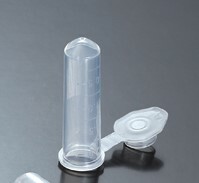 Out of stock
Microcentrifuge Tubes
Out of stock
Microcentrifuge TubesMicro Centrifuge Tubes 2 ml – Sterile (4000 tubes per case)
Original price was: $174.00.$89.00Current price is: $89.00. -
Conical Bottom
Centrifuge Tubes with Flat Caps 50 ml – Sterile – Certified DNase/RNase Free -Conical Bottom (Resealable Bags) (500 tubes per case)
Original price was: $277.00.$199.00Current price is: $199.00. -
Microcentrifuge Tubes
Micro Centrifuge Tubes 0.5 ml – Sterile (8000 tubes/case)
Original price was: $289.00.$180.00Current price is: $180.00. -
Microcentrifuge Tubes
Micro Centrifuge Tubes 1.5 ml – Sterile – FLIP CAP (4000 tubes/case)
Original price was: $168.00.$98.00Current price is: $98.00. -
High RCF Centrifuge Tubes
High RCF Centrifuge Tubes – 50 ml Sterile(500 tubes/case)
Original price was: $305.00.$199.00Current price is: $199.00. -
Sale!
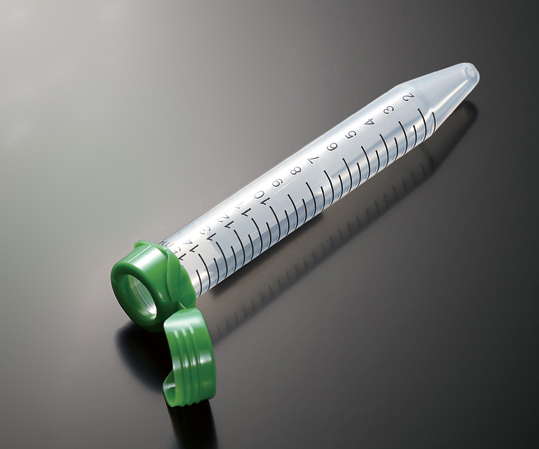 Out of stock
Conical Bottom
Out of stock
Conical BottomCentrifuge Tubes w/ FLIP Caps 15ml – Sterile – Conical Bottom (in Resealable Bags) (500 tubes per case)
Original price was: $147.00.$109.80Current price is: $109.80.

